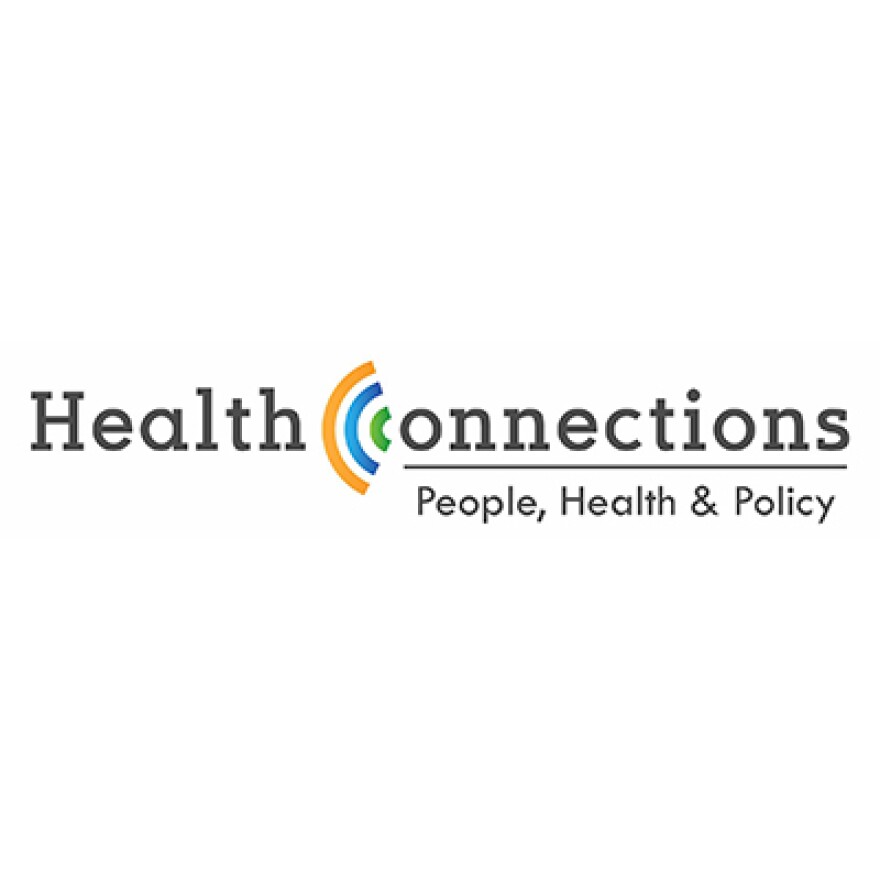Dr. Carole Myers: Welcome, Ben.
Ben Harrington: Thank you very much. Carol, glad to be here.
Please contribute to the comments I've already made about why access to mental health care is such a pressing issue.
Sure, access is kind of misleading. A lot of times, people think I have insurance, so that means I have access anytime I want it, and realistically on mental health panels, the list of providers on an insurance plan. Often, everyone on the list in a county is not taking a new patient. That makes the insurance plan kind of moot, kind of worthless. Got a list, but no one's taking a patient,
And that's if you have insurance and if you don't have insurance or not enough, right?
So sometimes folks have very poor insurance in that there's a very high deductible that must be met before any health care is paid for. And so that makes it even more daunting for somebody.
So how did the Mental Health Association of East Tennessee respond to the problems we're discussing.
A number of years ago, we identified the problem, and what we needed was a fund, literally a pool of dollars that we could keep adding other grant dollars to that sort of thing, and then we could contract with a private practicing therapist who did not take insurance, was a cash only provider, and we could be the payer.
It's not that there aren't any providers, it's that providers aren't taking new patients from the insurance panels.
That's exactly right. A lot of insurance panels are full. The provider can't take new patients because they don't have the space. But where there is access is really in the cash only market.
So how is that matchmaking going? Has it been going?
Well, we have served more than 220 people since we started the program, in 2022 and just the sessions alone that we provided have prevented folks from incurring downstream costs, which has saved more than $5 million in Downstream costs in crisis services and emergency room care.
Ben, I'm keenly interested to hear how this is working in rural areas which pose additional problems.
A rural resident is predisposed to not have access right their per capita income is 26% less than a Knox County resident. They experience 50% greater uninsured rates than Knox County, and then the population per provider is 10 times worse than Knox County. So what that means? I know it's kind of gobbledygook, but it means there are like 2000 residents per provider in rural communities, where in Knox County, it's 261 residents per mental health provider in the county.
Click here to learn more about the Mental Health Association of East Tennessee’s Treatment Access Bank.




